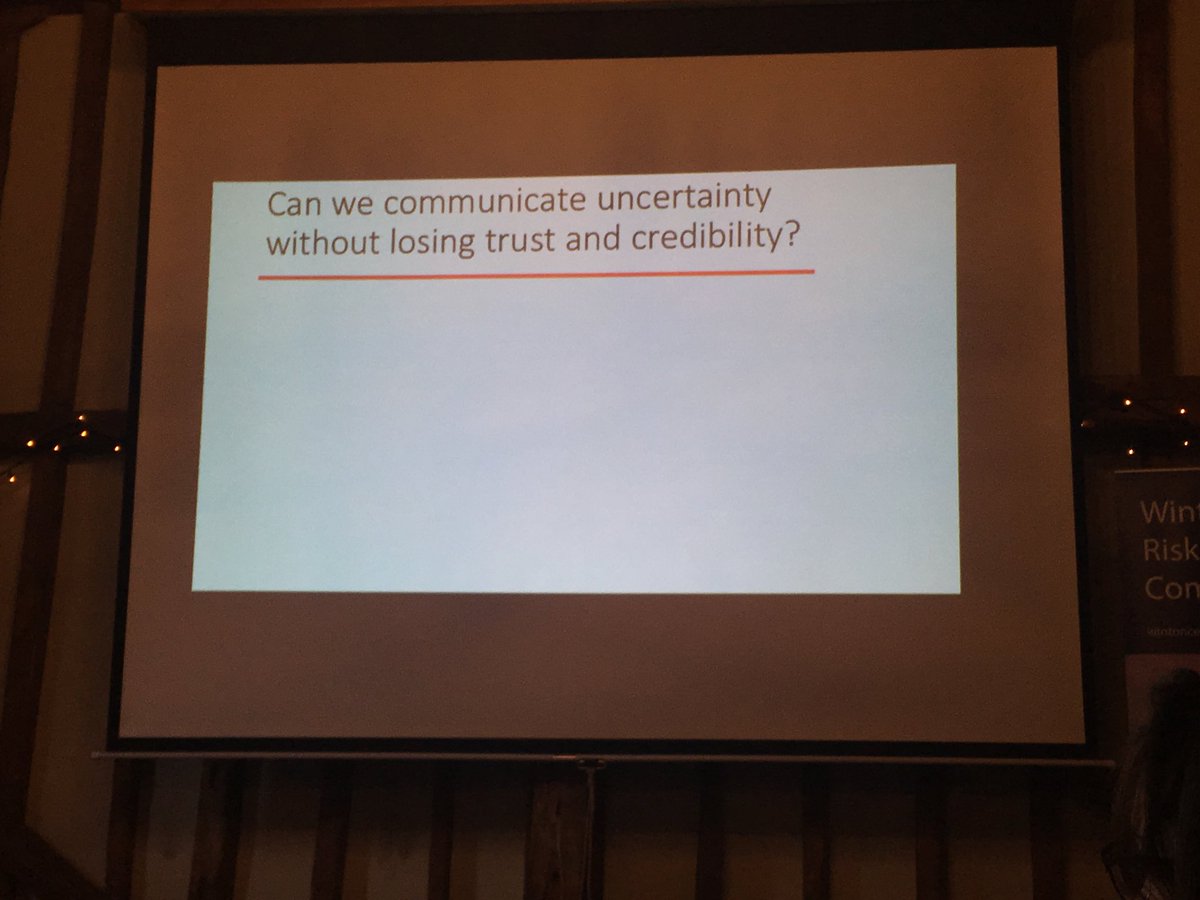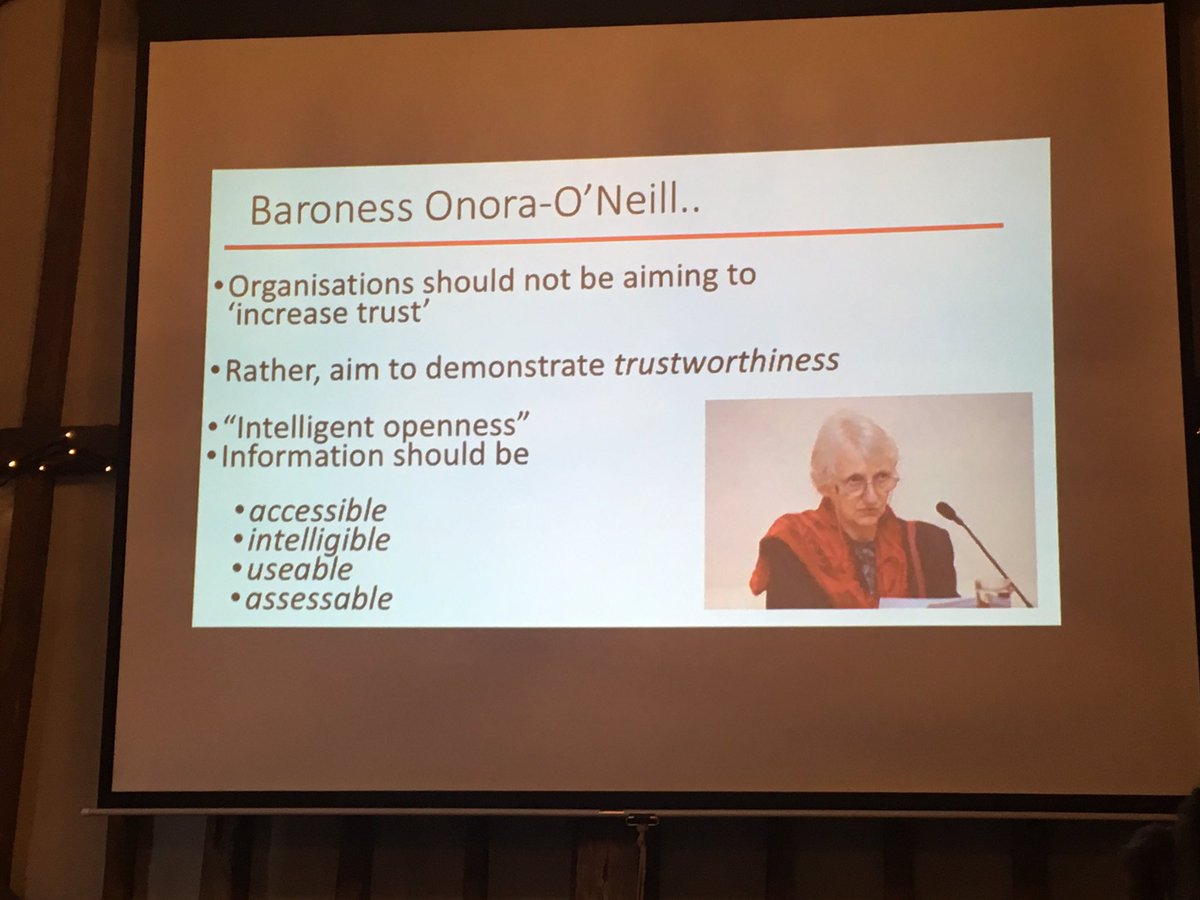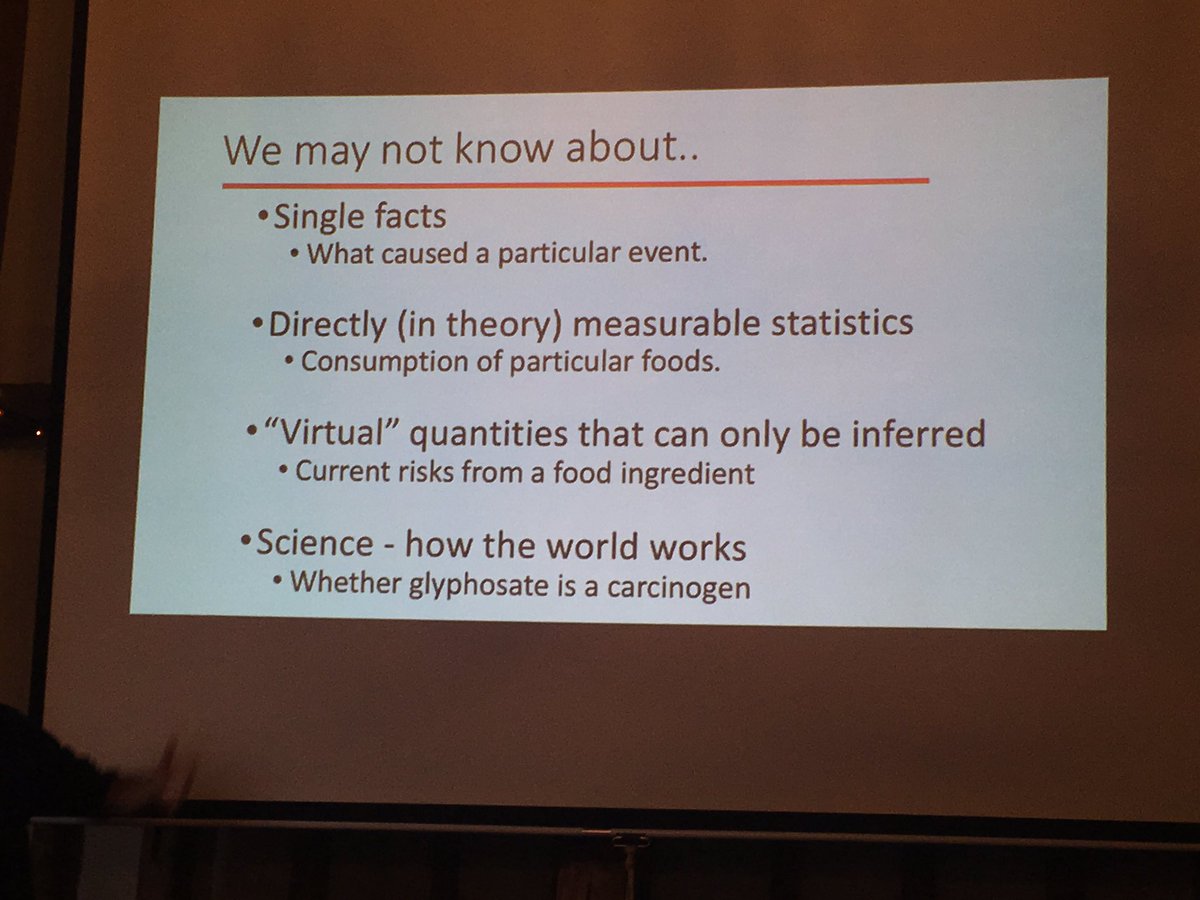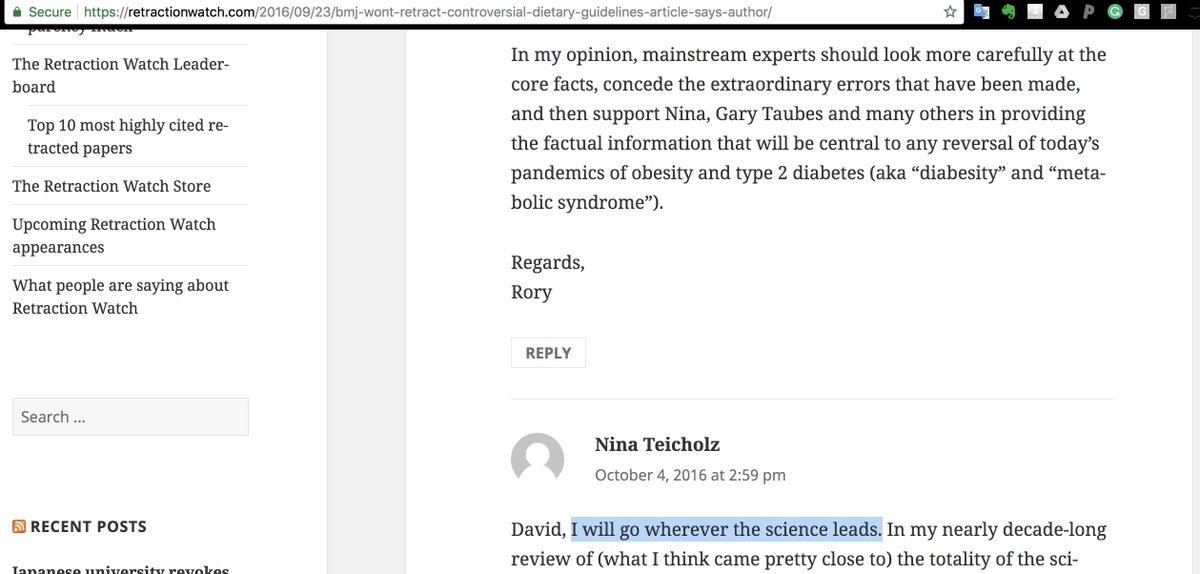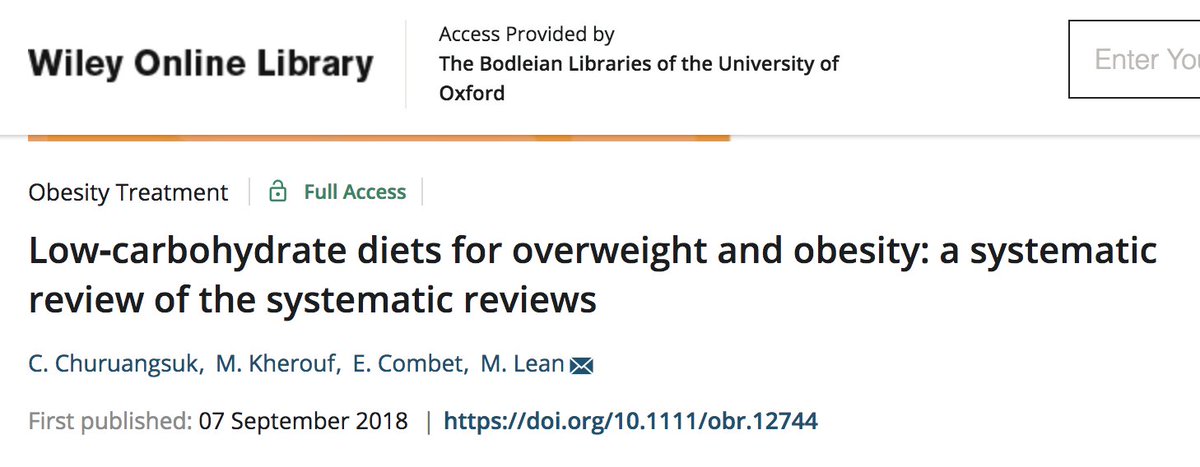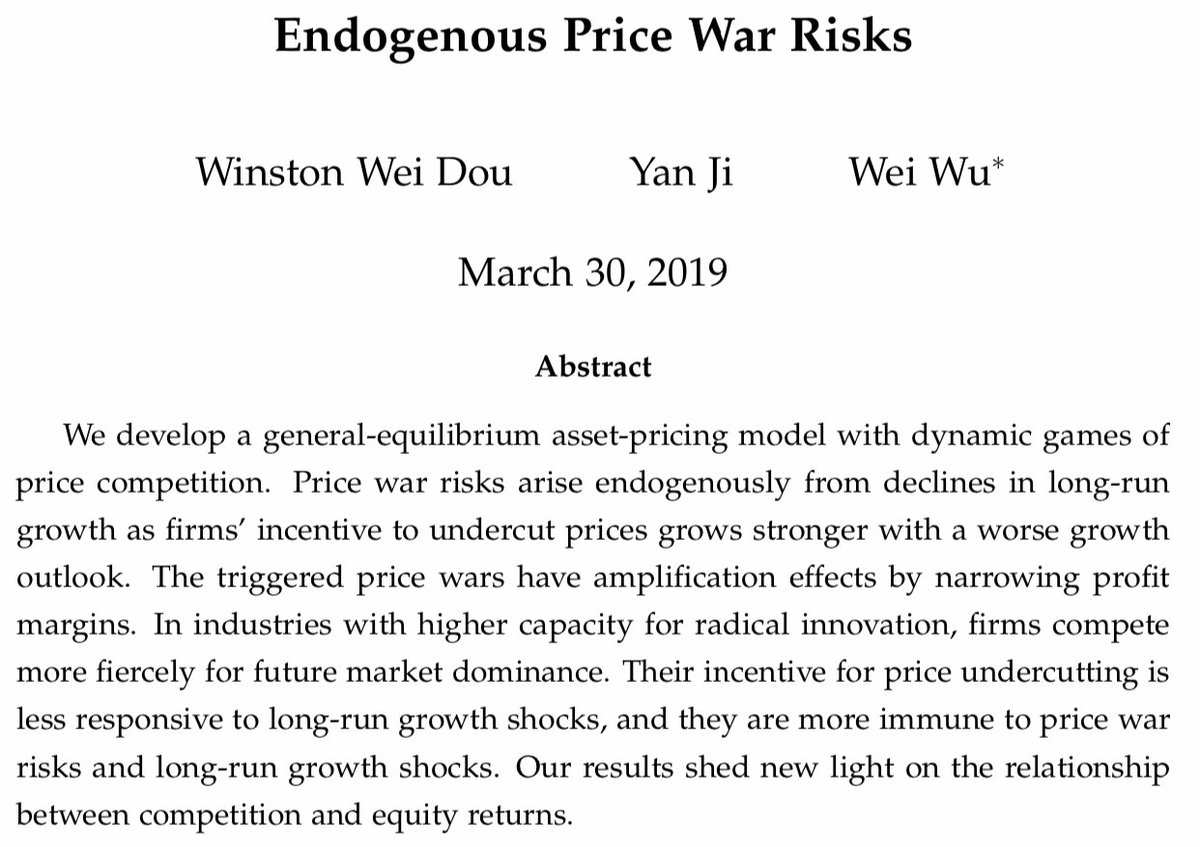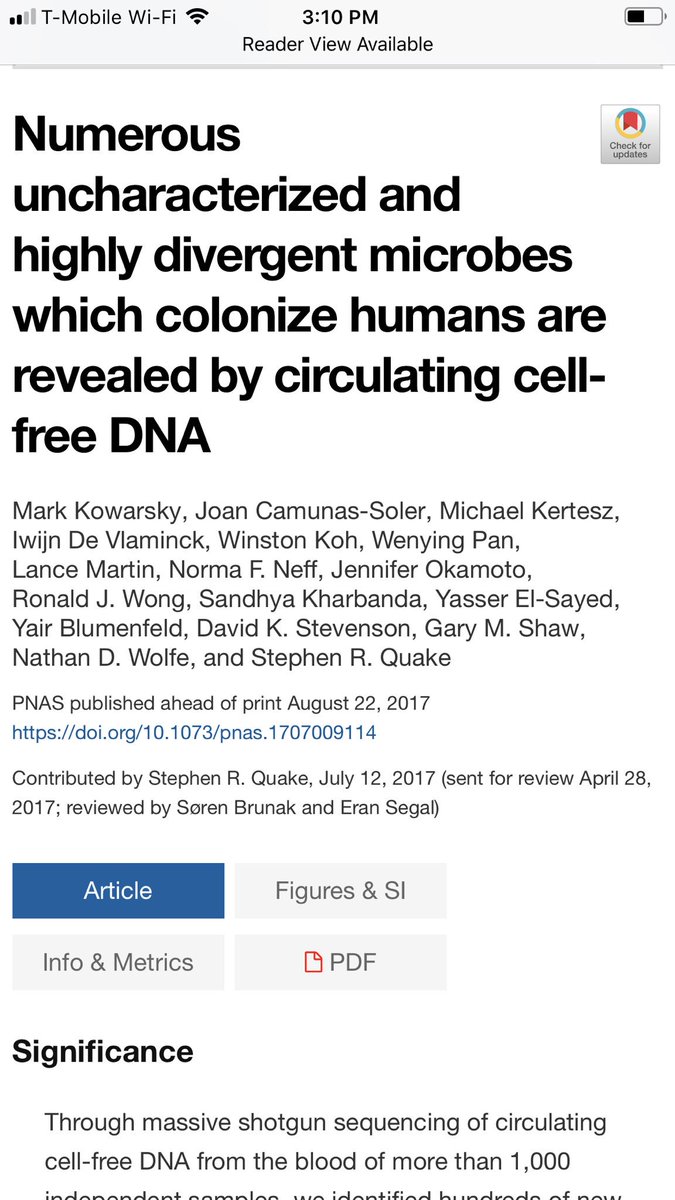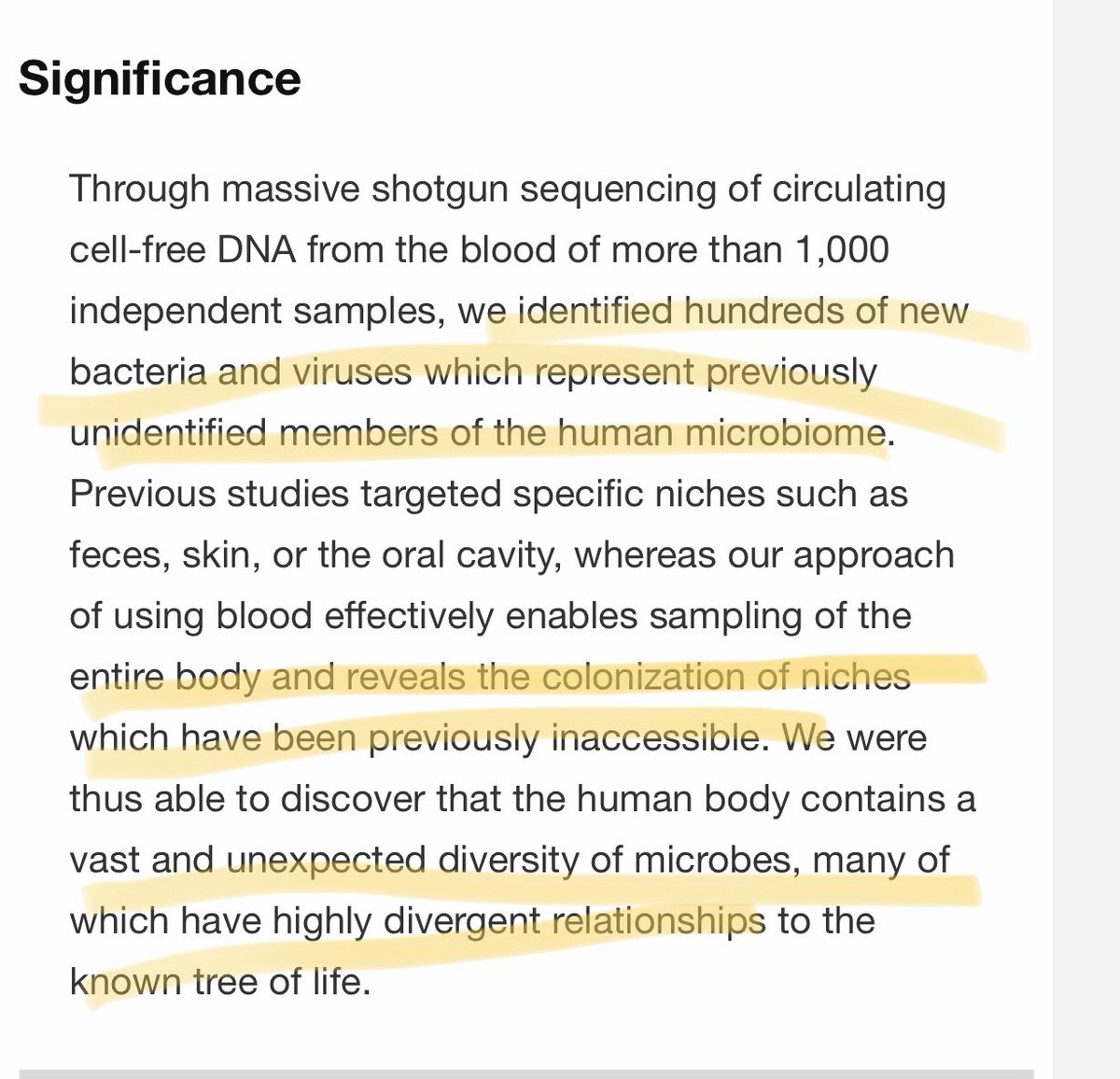Some key bits that put red meat reviews in context:
/1
/4
‘one could ask “what is the effect of replacing SFA w monounsaturated FAs or various types of polyunsaturated fatty acids on cardiovascular disease outcomes” but extract data to support examination of each type of replacement separately.’
/5
/6
GRADE has developed guidance for rating certainty of evidence in the context of network meta-analysis’
/7
/8
/9
/10
/11
/12
/13

